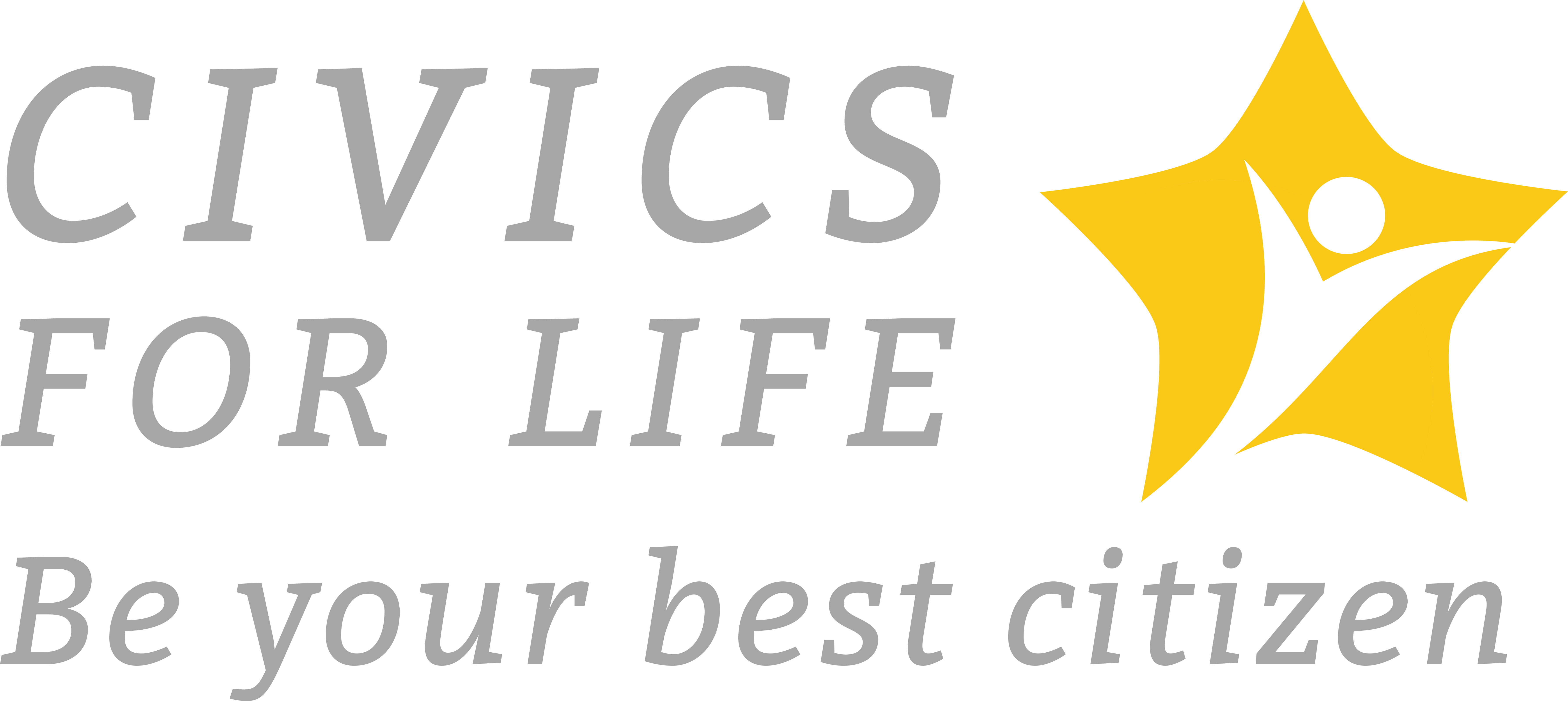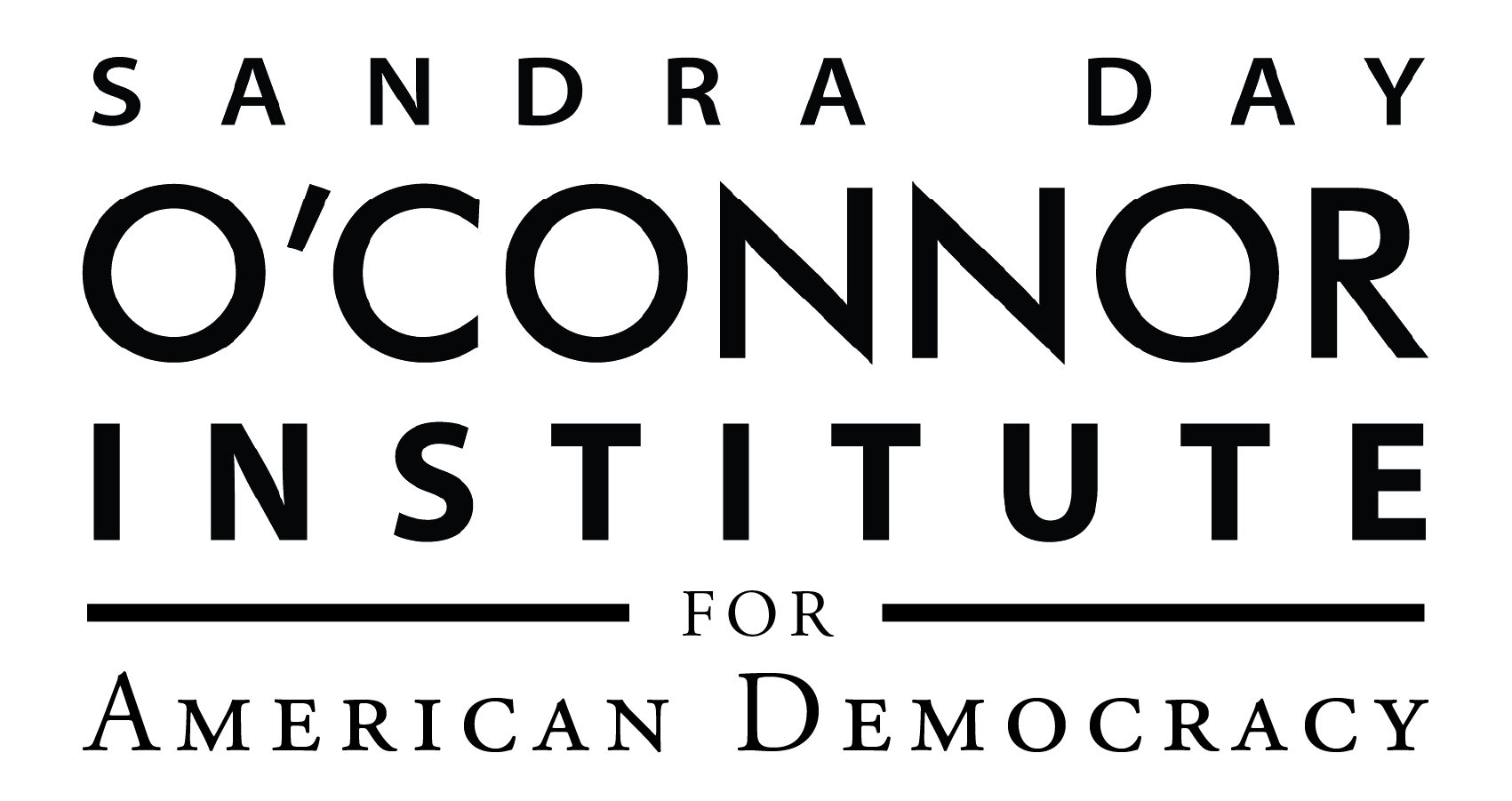Did the colonies rebel against British taxes?
From the introduction of the Stamp Act and the ever-present British Army in their streets, the tension between colonists and Great Britain continued to grow. On March 5, 1770, an argument between colonists and British soldiers occurred outside the Old State Building in Boston. As the argument continued, more colonists began gathering until 300-400 colonists surrounded the government building. As other British soldiers arrived to help end the conflict, they were hit with rocks, snowballs, and taunts demanding that they “fire” their weapons. One British soldier discharged his rifle after being hit by an object and knocked to the ground. This caused other soldiers to fire their weapons because after the first shot, the soldiers believed they had been given the command to fire. In all, there were eleven shots into the crowd of colonists, three colonists were killed instantly, and two others died in the days after the attack. This event, known as the Boston Massacre, became one of the most important colonial experiences that helped change the minds of reluctant colonists and bring them around to the cause of colonial independence.
Paul Revere, a Boston silversmith, created an engraving of the massacre to show the actions of British soldiers toward unarmed colonists. His art was printed in newspapers throughout the colonies, sparking new outrage because Revere’s image made it appear that the British were coordinated in their attack, killing unarmed and peaceful colonists.
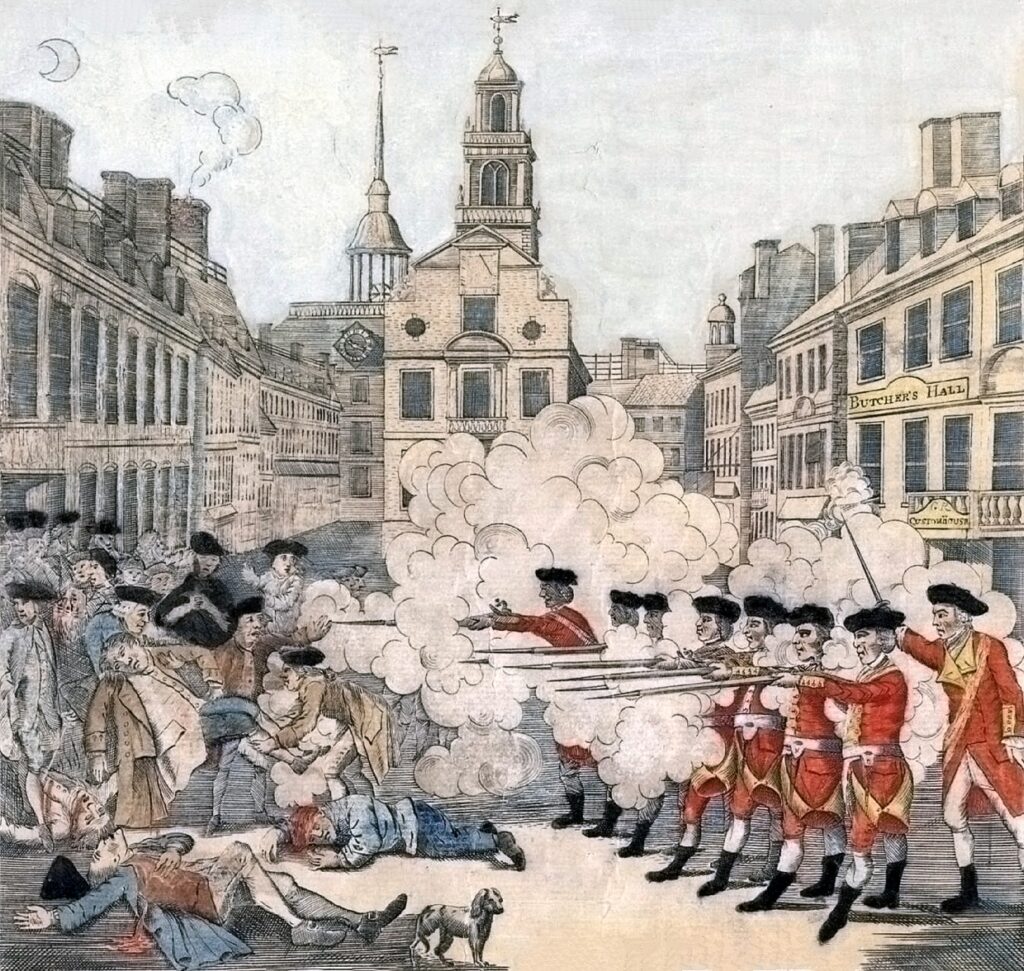
Library of Congress, Public Domain United States
The British soldiers who fired into the crowd of colonists were arrested and charged with murder. Colonists in Boston demanded that the British soldiers be executed. John Adams, who would later be elected as Washington’s vice president and the Second president of the United States, served as the defense attorney for the British soldiers. He believed in the rule of law and that everyone deserved to have a legal defense in court. Adams proved that their actions were in self-defense and that they should not be held responsible for the deaths. Six of the soldiers were acquitted of murder charges; two were found guilty of manslaughter and were sentenced to branding on their hands.
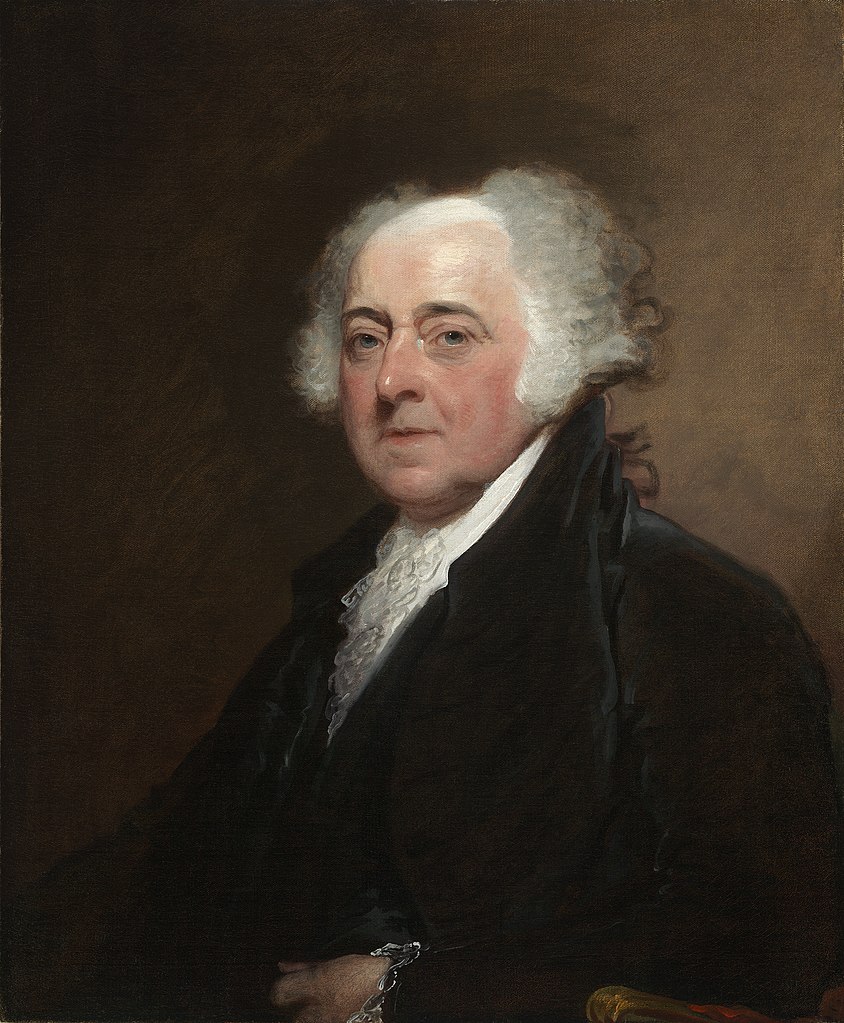
National Gallery of Art, Public Domain United States
The British soldiers who fired into the crowd of colonists were arrested and charged with murder. Colonists in Boston demanded that the British soldiers be executed. John Adams, who would later be elected as Washington’s vice president and the Second president of the United States, served as the defense attorney for the British soldiers. He believed in the rule of law and that everyone deserved to have a legal defense in court. Adams proved that their actions were in self-defense and that they should not be held responsible for the deaths. Six of the soldiers were acquitted of murder charges; two were found guilty of manslaughter and were sentenced to branding on their hands.
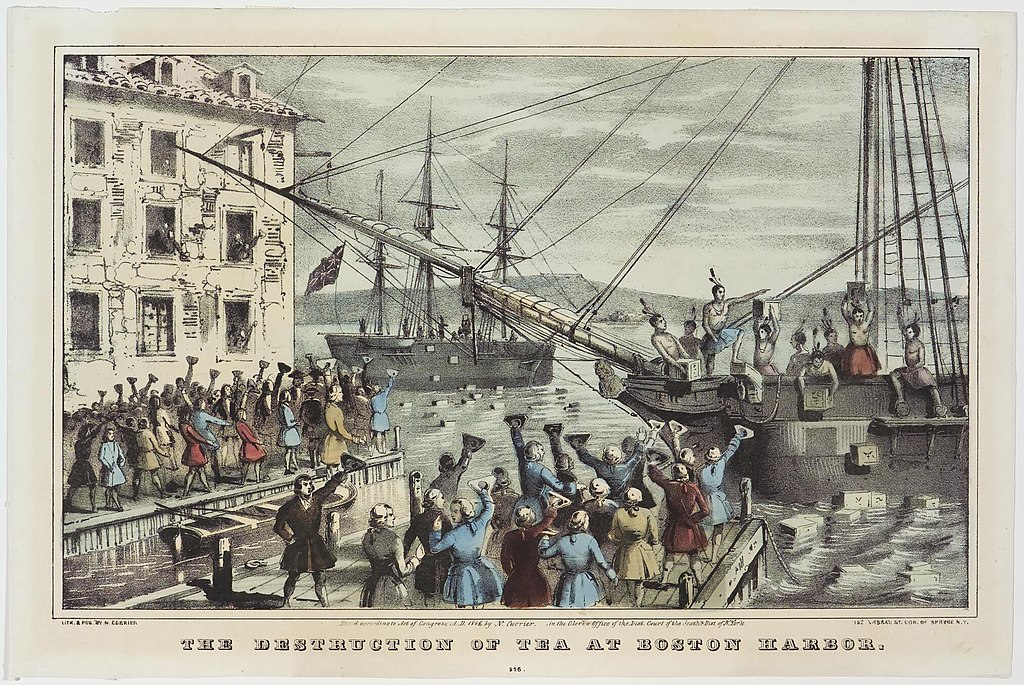
Image courtesy of the Springfield Museums
The Boston Tea Party remains one of the most iconic protests in the pre-revolution colonies because of the imagery it created within the colonies and the anger it provoked within the British government. The British prime minister, Lord North, believed that the colonies had to be punished for their actions, so Parliament passed the Intolerable Acts.
First, the port of Boston was closed until Boston paid for the destroyed tea. Many Bostonians complained that this act punished everyone, not just those who destroyed the tea. They were also being punished without the chance to legally defend themselves, violating their rights as British citizens. Second, the government of Massachusetts was taken over by the British government, and the king or the royal governor appointed all government members. Third, if a member of the British government working in the colonies was accused of a crime, he would be tried in Britain, not the colonies. This required those accusing any government official of a crime to travel at their own expense (Parliament would reimburse them the cost of their travel, but not the lost wages while they could not work) across the Atlantic for the trial. Finally, the Quartering Act allowed the royal governors to house British soldiers in colonial buildings.
These acts were mainly aimed at Massachusetts. However, all colonies saw these actions as tyranny or the loss of rights and freedoms that had always existed. The more rules the British Parliament imposed on colonists, the more the colonists saw the British as tyrannical. The colonists saw these impositions as attacks on their natural and constitutional rights as British citizens because the rules restricted colonists’ ability to trade and communicate with the outside world. And the Massachusetts colonists felt they had no privacy or legal means to protect themselves because the king had taken over control of their government.
These feelings and perspectives helped push the colonists to form what became known as the First Continental Congress.
